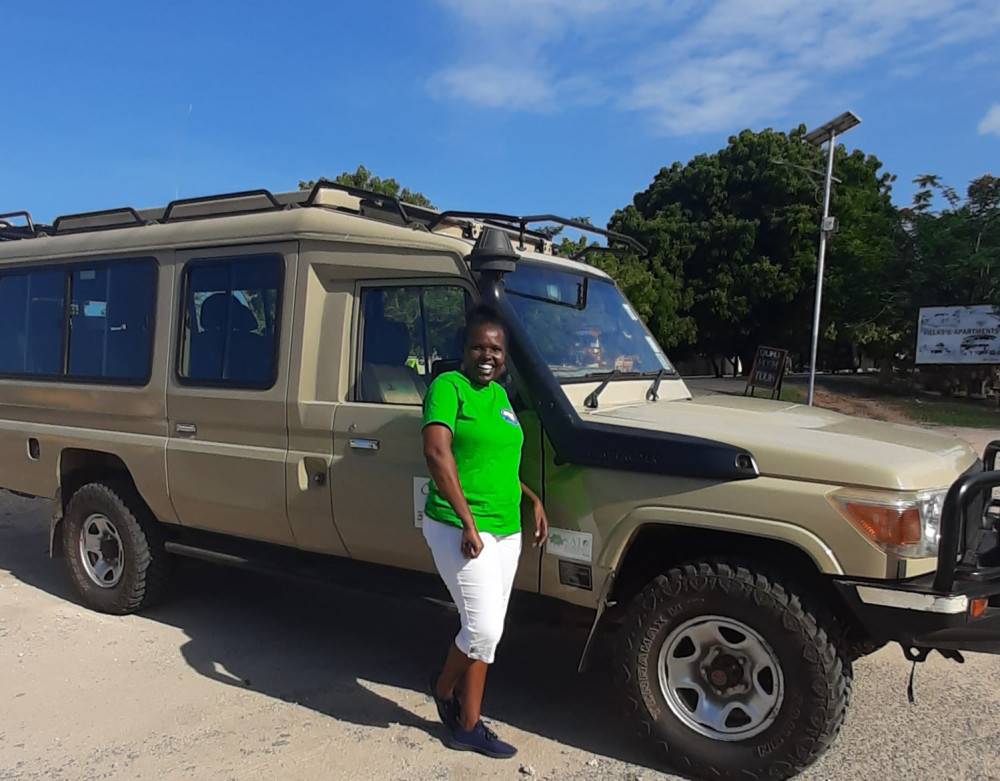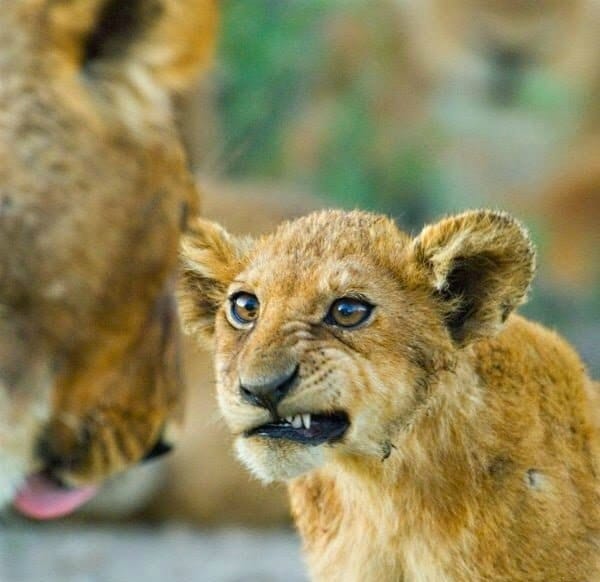Great Suggestions For Choosing Mombasa Old Town
Great Suggestions For Choosing Mombasa Old Town
Blog Article
What Health And Safety Precautions Do I Need To Be Aware Of During My Vacation In Mombasa?
To ensure you enjoy an enjoyable, safe holiday in Mombasa Kenya it is vital to take essential precautions to protect your health. Here are the most important health concerns to consider:
1. Vaccinations
Routine Vaccinations: Ensure that you are up-to-date on routine vaccines such as measles-mumps-rubella (MMR), diphtheria-tetanus-pertussis, varicella (chickenpox), polio, and your yearly flu shot.
Hepatitis A is recommended for all travelers due to the risk of food and drinking water being contamination.
Hepatitis B is recommended to travelers who may be exposed to blood or bodily fluids (e.g., through sexual contact, medical treatment or drug use).
Typhoid : This is important for people staying with relatives or close friends, traveling in smaller towns or rural areas, and for those who are prone to eating out.
Yellow Fever. A certificate of vaccination is required for those traveling to countries where yellow fever is at risk. Review the requirements in place.
Rabies: It's a possibility for those who travel outdoors and are exposed to bites from animals. This could include people who are who go hiking, camping or caving.
2. Malaria Prevention
Mombasa, a malaria endemic region, requires antimalarial medication. Talk to your physician about the most effective antimalarial medication for you.
Beware of Mosquito Bites Make use of insect repellents that contain DEET, wear long sleeves and long pants in the evenings and at night and then sleep with mosquito nets if you are not in an air-conditioned or a room with a good screen.
3. Food and Water Safety
Drink only bottled water or boiled drinking water. Avoid drinking tap water, ice, or drinks that aren't sealed.
Avoid eating meats that are raw or cooked seafood, as well as unwashed fruit and vegetables. Avoid eating raw or undercooked seafood, meats, and raw fruits and vegetables that have not been washed. Foods sold on the streets should be avoided. Instead, choose establishments that have a good reputation.
4. Diarrhoea Traveler
Hand sanitizers or soap and water are efficient ways to stop infection. Do not consume any drink or food that comes that comes from a source you doubt.
Always carry medication, such as Imodium (loperamide) and salts or oral Rehydration. To treat severe cases, ask your doctor for antibiotics.
5. Sun Protection
Sunscreen Apply sunscreen with an SPF of 30 or more. Apply sunscreen frequently, particularly after sweating or swimming.
Protective Clothing: Wear hats, sunglasses, and light, long-sleeved clothing to minimize sun exposure.
6. Heating and Hydration
To avoid dehydration, drink plenty fluids. Dehydration can result from excessive alcohol and caffeine.
Avoid overexertion. Pause frequently, particularly during the hottest time of the day. Be sure to avoid heat stroke or exhaustion by seeking shade or cool spots.
7. Water Safety Activities
Swimming in designated areas: Listen to local advice about swimming conditions, including dangers that could be present, such as strong currents.
Marine Life Awareness - Be aware of and beware of marine life that is harmful, such as sea urchins and jellyfish. Wear water-shoes if you're walking in shallow water.
8. Care and Insurance. Care and Insurance
Travel Insurance: Be certain to purchase complete travel insurance that will cover evacuation in the event of a medical emergency.
Local Medical Facilities: Familiarize yourself with the location of medical facilities that are reputable located in Mombasa. Hotels with major chains often offer information on nearby hospitals and doctors.
Bring enough medicine enough to last the entire duration of your excursion.
9. Contacts in Emergency Situations
The Embassy Contact the Embassy of your home country in Kenya.
Local Emergency Phone Numbers:
Follow these steps and you will be enjoying your Mombasa holiday. View the most popular kenya watamu marine national park for blog tips including kenya safaris and tours, travel tour companies, africa in kenya, africa and safari, mombasa beach kenya, kenya safari tours, mombasa beach kenya, kenya safaris, kenya tour operator, tours and travel company in kenya and more.
What Should I Know About The Conditions In Mombasa When I Am On Vacation?
Knowing the weather patterns of Mombasa is crucial to packing your bags and getting the best value of your holiday. Here are some key factors to consider:
1. Climate Overview
Mombasa is a hot and humid place with high humidity and temperatures year-round. Expect temperatures that are warm, ranging from 24degC and 32degC.
2. Seasons
The Hot and Humid season (November-April) is defined by extreme temperatures and high humidity. This is also the busiest tourism season, especially in December and January.
Long rains from April to June : Heavy rainfall and storms are common throughout the rainy season. Roads can become slippery and difficult to navigate. It's a slow time for tourists.
Cooler Season (June to October): Enjoy the cooler temperatures and less humidity throughout this time. The weather is generally comfortable and suitable for outdoor sports.
Short Rains: In this period it is a time of fewer and less intense rain showers. The rains typically last for a few minutes and are followed by sunny skies.
3. Packing Tips
Lightweight Clothing: Bring light and breathable clothes like linen and cotton in order to stay cool in the humid weather.
Take rain gear with you if you plan to travel during the rainy season. It includes waterproof clothing as well footwear.
Sun Protection: A sunscreen that is high in SPF glasses with wide brims, wide-brimmed caps, light clothing, and covering your skin with light clothing can shield you from strong sunlight.
Swimwear: Take your swimwear to the beach or the hotel pool.
4. Weather-specific activities
Beach Time - The most ideal time to visit the beach in cooler weather (June to October) is during a time when the sea is calm and the weather is pleasant.
Water Sports: For diving, snorkeling, and other water sports, the clear and calm waters from November through March are the best time to do it.
Wildlife Viewing Wildlife Viewing: The cooler time of the year (June through October) is also a suitable time for wildlife safaris and safaris, since the weather is more bearable.
5. Health Considerations
Keep hydrated. The humid and hot conditions will force you to drink plenty of water. Drink plenty of water, particularly during time spent in the outdoors.
Health-related diseases involving heat: Pay attention to the risks of heat stroke or heat exhaustion. Wear loose clothes Take breaks in the shade and stay away from vigorous exercise during the hottest temperatures.
6. Travel Adjustments
Traveling during the rainy season It is important to be ready for travel disruptions in the event that you visit during this period. Some roads may be impassable and outdoor activities may be limited.
Rainy season can be causes of flight delays. Make contingency plans and keep updated on your travel plans.
7. Environmental Considerations
Natural Hazards - Be aware that heavy rain can trigger flooding. Be aware of current weather conditions and follow local recommendations regarding safety.
Be conscious of the tides. They can change dramatically. Be aware of local tide schedules for beach activities and swimming.
You can plan your vacation activities better, pack properly and have fun in Mombasa and be safe by knowing the weather conditions. Follow the recommended airport transfers kenya for blog recommendations including kenya travel packages, tours & safaris, facts about kenya, africa and safari, safari a nairobi, africa tours, kenya safari beach, kenya safari holiday, kenya tourism, safari and tours and more.
What Financial Planning Considerations Should I Be Aware Of When Planning A Trip In Mombasa?
If you plan to visit Mombasa, Kenya, careful financial planning can help to ensure a pleasant and easy trip. Take note of these financial considerations:
1. Budgeting
Booking your accommodation is important. Prices can vary widely depending on the kind of property and the location of the lodging.
Include transportation costs such as flights, taxis, matatus (local transport), and car rentals.
Budget for eating out food, snacks and meals. From low-cost eateries to luxury ones, prices can differ.
Fees for admission to attractions, guided tours and activities such as safaris, water sports, or tours of the culture.
2. Currency and Exchange rates
Kenyan Shillings are the currency of Kenya. Be aware of the exchange rate currently in use.
Currency Exchange: Exchange currency at reputable banks, currency exchange bureaus, or in your hotel. Don't exchange cash on streets.
ATMs are accessible everywhere in Mombasa. Ensure your card is suitable for international withdrawals and be aware of any fees.
3. Payment Methods
Cash: Always have cash with you to pay for things like small purchases such as tips and at places that accept credit cards.
In restaurants, hotels and big shops large shops, major credit cards are accepted. Inform your bank as soon as you can about your plans to ensure that your card is not blocked.
M-Pesa Mobile Payments is extensively utilized by Kenyans. This is useful for local SIM cards.
4. Save money by using these easy tips
Travel Off Season: You can save money by booking flights and hotels during the shoulder and low season (April through June, and then from October to November).
Plan your travel well in advance so you can secure better deals on flights.
Local Eateries. You can have the authentic experience of dining at local eateries and food market stalls.
5. Tipping
Tipping is widespread in Kenya. A standard tip of 10% is required in restaurants if the service is not included. Make sure you tip the staff of your hotel as well as drivers and guides.
You can tip small amounts of local currency. Tipping porters should be between KES 50 to 100 per bag. Tip housekeepers 100 KES per day.
6. Emergency Funds
Reserve funds: Have an emergency reserve and have additional funds in the form of a credit or debit card to cover unexpected costs.
Travel Insurance - Invest in complete insurance that will cover medical emergencies, cancellations and theft.
7. Security
Make sure your valuables are safe by using hotel safes. Place passports, other cash, and other valuables inside the safe in your hotel. Always be cautious when using an ATM, especially at night.
Avoid carrying large sums. Do not carry large amounts with you. Split your cards and money into two distinct locations: inside your wallet, and in a second secure place.
8. Local Transactions
Bargaining: In the local market, bargaining is very common. Approach it with respect and good humor, and aim to get a fair price.
Receipts: Keep receipts of big purchases. Budget tracking and disputes could benefit from this.
9. Understanding Fees
Ask your bank for details on international withdrawal fees. Some ATMs will charge you an additional fee if you use a foreign card.
Currency Conversion Costs. Pay attention to any conversion fees charged by your bank when you are using a credit or debit card in another country.
You can have a relaxing trip to Mombasa by managing your finances effectively. Check out the top rated airport transfers kenya for website examples including kenya tours and travel, mombasa packages, kenya safari holiday, trips to kenya africa, kenya safari holiday, afri safari, kenya safaris, facts about kenya, tour and travel company, tours and safaris and more.